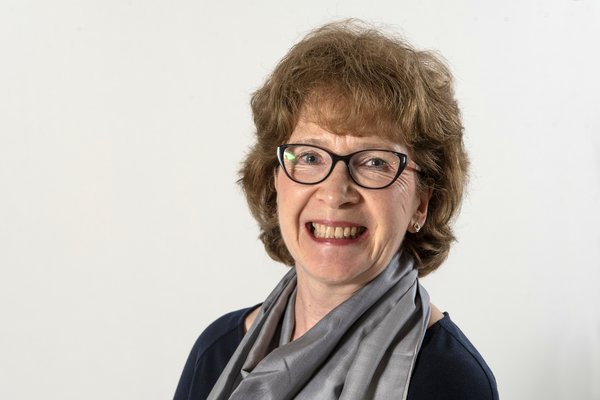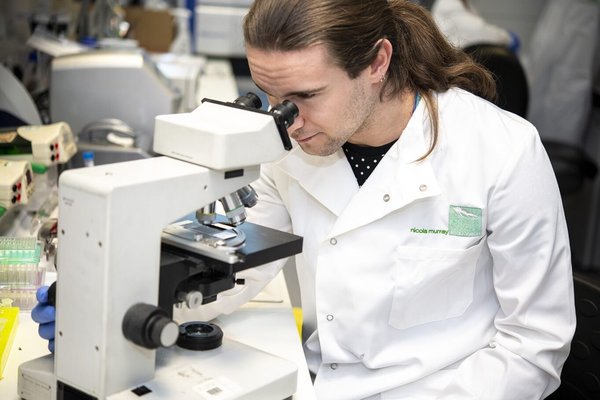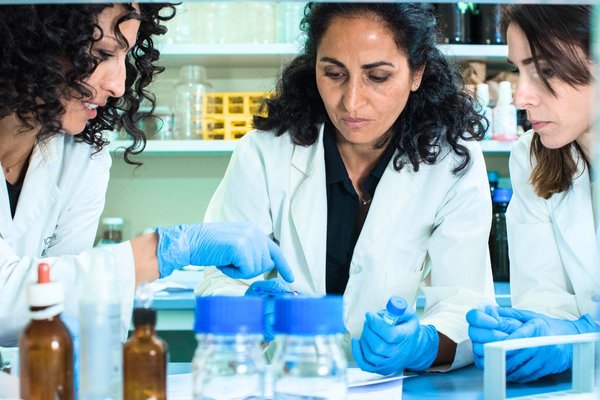
Wellbeing of Women announces Professor Hilary Critchley as the new Research Advisory Committee Chair
Wellbeing of Women has announced its Chair and Deputy Chair of its Research Advisory Committee.
As part of the Big Give fundraising campaign, our researcher Joanne Cull discusses how her project will help to improve outcomes for pregnant women affected by trauma

Wellbeing of Women has announced its Chair and Deputy Chair of its Research Advisory Committee.

We’re delighted to announce the funding of 17 new research projects tackling health inequalities and spanning the whole life course – from menstruation to menopause, pre-natal to postnatal, and gynaecological cancers.

Women make up 51% of the population, yet women’s health has not been prioritised.